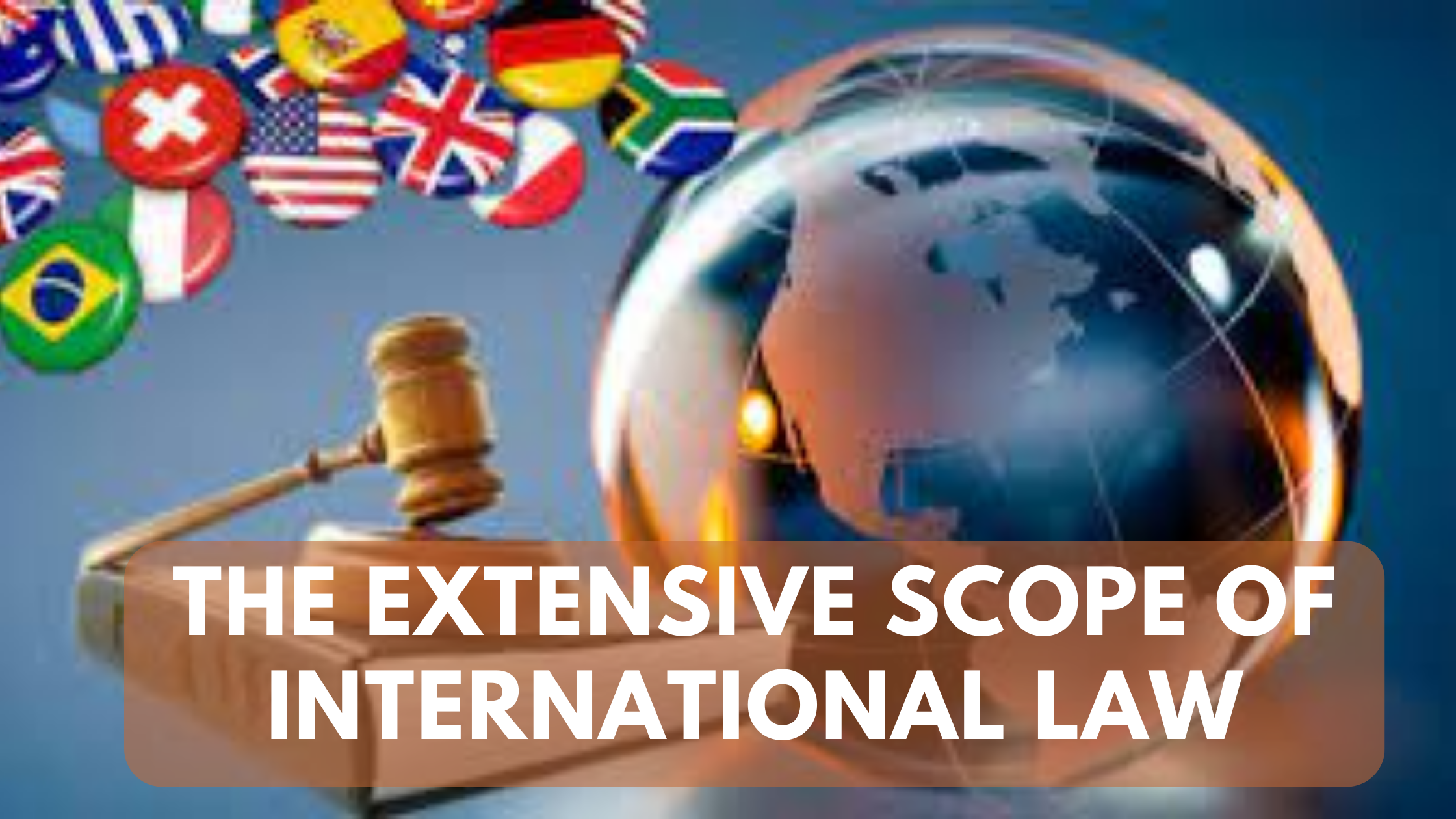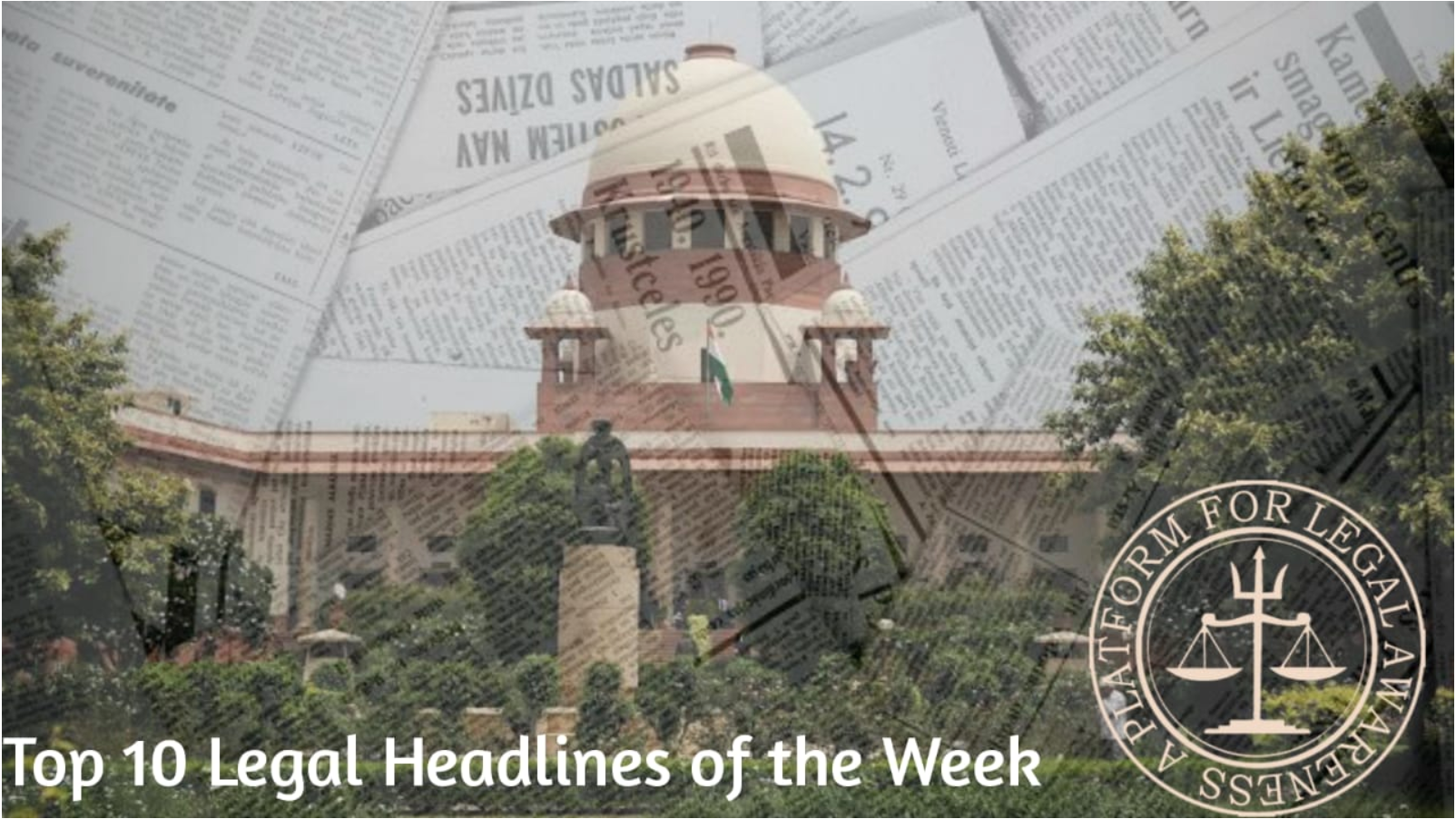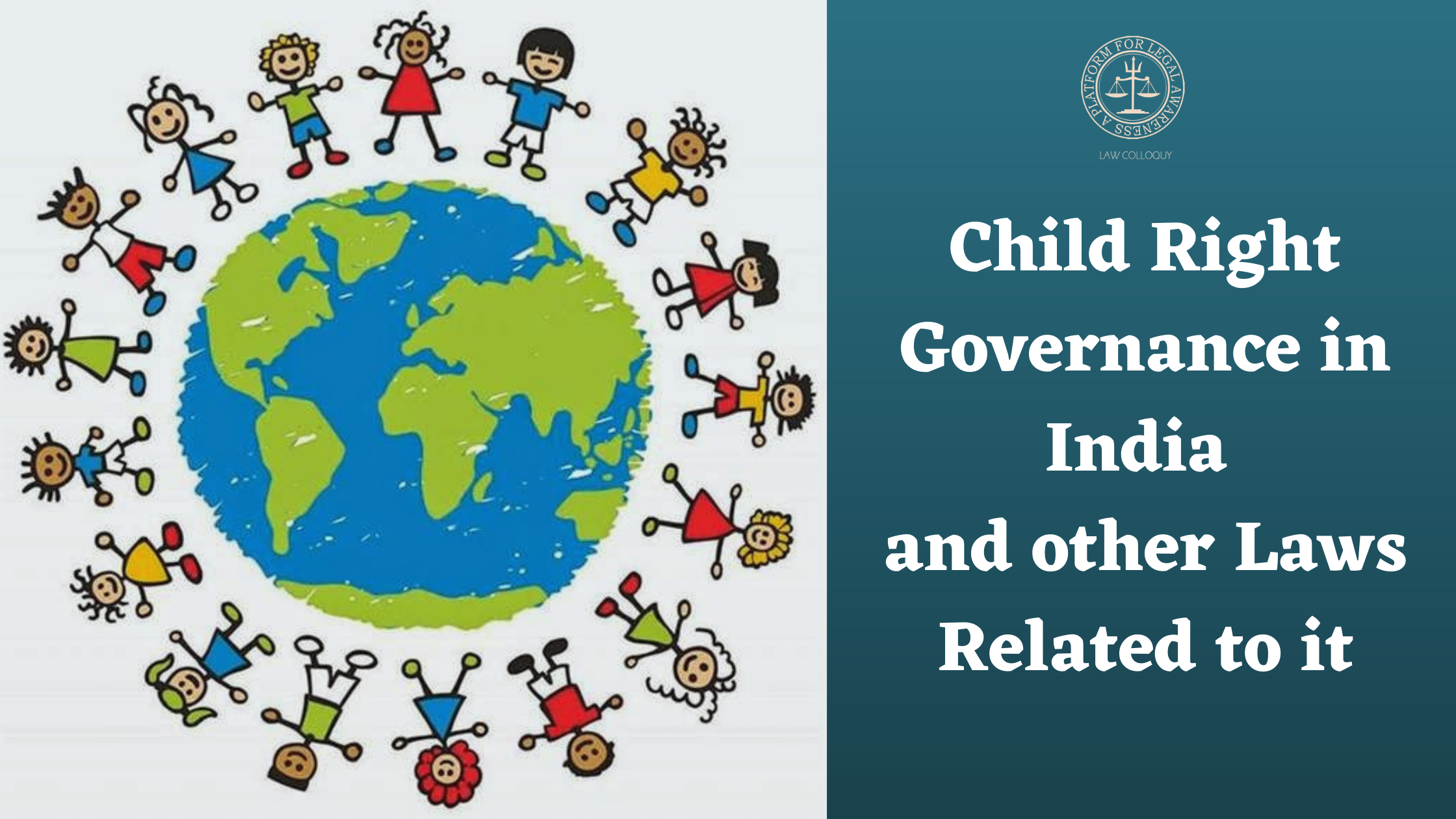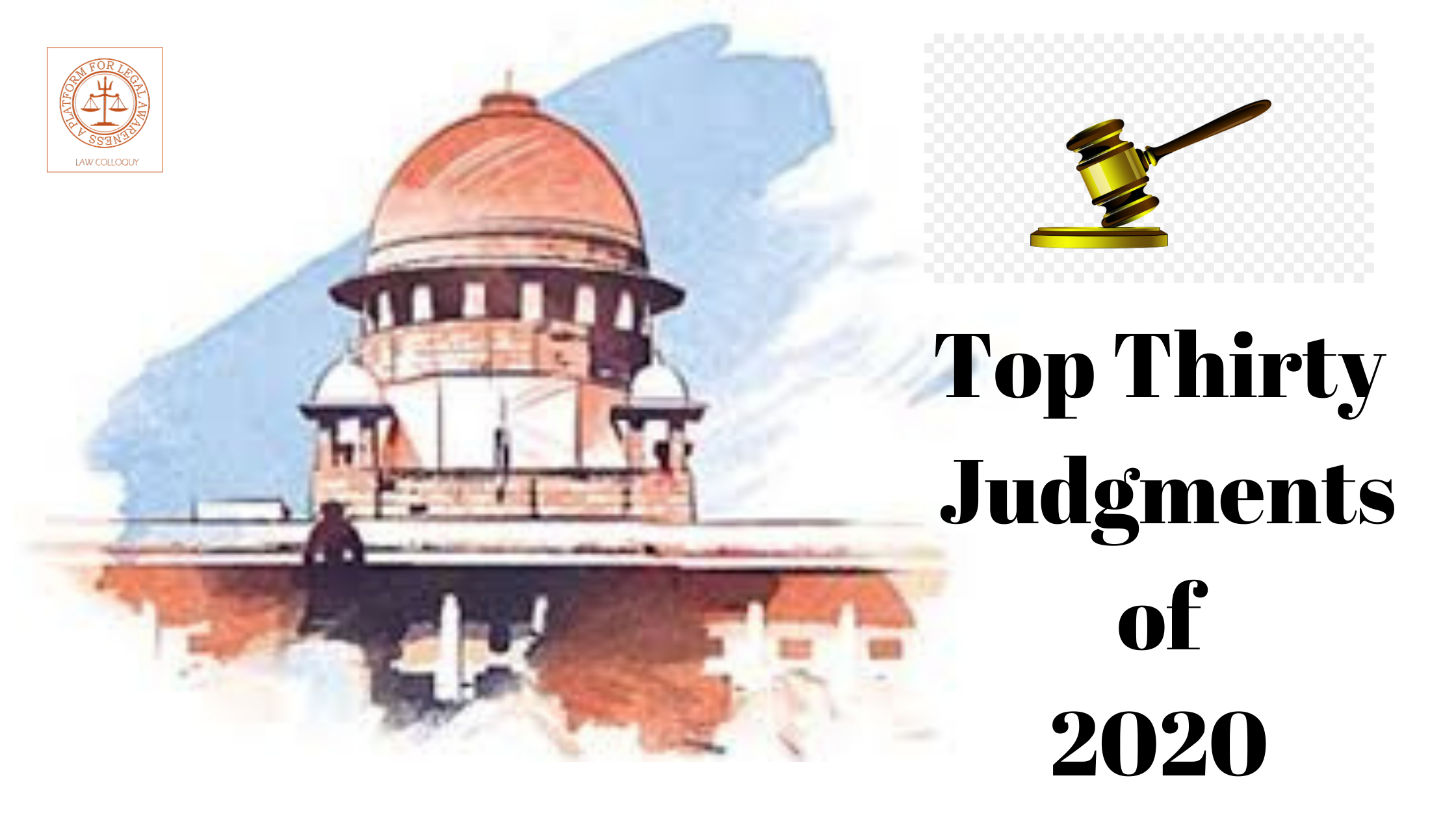DIFFERENCE BETWEEN MUNICIPAL AND INTERNATIONAL LAW
As in other jurisdictions, there is a significant distinction between municipal and international law in India. Both types of law operate within different realms and serve distinct functions. This blog discusses detailed exploration of the differences between municipal and international law in the Indian context.
The Extensive Scope of International Law
International law, a dynamic and ever-evolving field, encompasses many legal principles and norms that regulate interactions between sovereign states, international organisations, and individuals on the global stage. As the world becomes increasingly interconnected, the scope of international law has expanded, offering diverse and challenging opportunities for legal professionals. The scope of international law is expansive and dynamic, encompassing diverse areas ranging from human rights and diplomacy to trade and environmental protection. This blog explores the multifaceted scope of international law, highlighting the various avenues and its crucial role in addressing global challenges.
Top Ten Legal Headlines of the Week-27 Nov 2023
Top ten legal news wrap up of the week
Making the Most of Law School: A Guide to Success and Fulfilment
Law school is a transformative journey that offers a wealth of knowledge, challenges, and opportunities for personal and professional growth. Whether you're just starting your legal education or you're already immersed in the experience, there are several strategies you can employ to make the most of your time in law school. In this blog, we will explore some valuable tips to help you succeed and find fulfilment during your law school years.
Fallacy And Facts Pertaining To Mental Illness
Mental illness has many misconceptions about not only the disease but also about the outcome of the disease. It is necessary to understand all the fallacy and the fact about it clearly so that the exact concept and the nature of cause of crime and criminality is identified and understand.
Child Right Governance in India and other Laws Related to it
Perhaps the most well-known definition of ‘global governance’, James Rosenau designates it as ‘organisations of rubrics at all stages of hominoid action – from the domestic to the worldwide organisation.’ Today the perception of authority has wedged the attention of researchers in fields like political science, economics, business studies, and global relations to analyse an inclusive variety of marvels such as school life, worldwide policy-making, global organisations, public health, monetary dealings, street gangs or traffic rules. Children and youth are in many circumstances obtainable as ruled by others – parents, teachers, social services, religious establishments, or out of control. For youthful scholars, though, the opposite has been basic in the influence of the field of juvenile studies over the last decades. The intervention of children and young people certainly also impact the schemes of guidelines and governance that border them. They are thus as much theme to these systems as they can be energetic and shapers of them, in many cases organised with or in equivalent to the adults adjacent them. Contempt this heading of children as being both marks and shapers of governance, though, with some exceptions, the methodical study of the governance of children and youth have established little consideration within childhood studies as well as to the examination of how child rights are assumed to form in national and multinational politics, law and society.
Central Public Information Officer, Supreme Court of India v. Subhash Chandra Agarwal: Right to Information and Judicial Independence
The citizen’s Right to Know is one of the significant ingredients of a democratic country. India demands transparent and accountable government to establish open and good governance. The sovereignty of India lies with ‘the people of India’. We choose our own representative therefore; it is our right to know about the machinery of the country. The need to control the mal administration of the government is important. Right to Information Act was formulated in 2005 which comes within the ambit of Article 19(1)(A) of the Constitution of India which ensures the fundamental right to Freedom of Speech and Expression. Many landmark judgments elaborated and clarified the concept of open governance. In the modern era, people are more vigil about their rights and they constitute the democracy. So, they expect the government to deliver. Central Public Information Officer, Supreme Court of India v. Subhash Chandra Agarwal, 2019, it was held by the Constitution Bench of Supreme Court that Supreme Court comes under the scope of “public authority”. Therefore, it is covered under Right to Information Act, 2005 (RTI Act). It is one of the landmark judgments which took a limelight in recent years.
Top Thirty Supreme Court Judgements of India in 2020-2021
Among the numerous supreme court judgements passed this year, we have made an effort to reflect upon the top thirty supreme court judgements of India in 2020-2021.
Politics and Advocacy during the COVID-19 Pandemic
COVID-19 has given rise to unimaginable damage and distress. It has turned the world upside down with minimal human contiguity, unemployment and heightened domestic disaccord.
EDUCATION IN INDEPENDENT INDIA
Education is the basic requirement of every civilized society. The right to education has been recognized as a basic human right in several international conventions, covenants, and treaties.
Biological Age cannot be inclusive of Mental Age
The judiciary is racing towards the liberal interpretation from the strict interpretation of the laws, statutes, and provisions and so on.
The curious case of Enola Holmes
Intellectual Property Rights is the cornerstone of development and enhancement of contemporary literature, performing arts and technology.
Reservation for Promotion: Is the State Bound to Provide It?
After independence, the rights of a minority was continued to be safeguarded, but significant changes happened in 1979 with the Mandal Commission Report which called for a change to admissions to institutes of higher education, except where states already had more generous requirements.
Top Ten Legal Headlines of The Week 20 Sep 2020
SC Directs States and Union Territories to File Affidavit Specifying Measures for Elderly Care Amid COVID-19.
Schools of Hindu Law
Hindu Law is codified as well as uncodified. The codified law provides for various laws which have uniform application for all Hindus.
Mens Rea: An Explanation
Mens rea is a Latin term which means ‘guilty mind’. It is the mental element of a person’s intention to commit a crime, or it is the knowledge that one’s action or lack of action that would result in a crime.
Amicus Curiae: The Indian perspective
An amicus curia is a Latin word which means, ‘friend of the court. He/she is a person appointed by the court who is a specialist in any specific area along with the legal knowledge who can assist a court by offering information, expertise, or insight that has a bearing on the issues in the case in the form of a brief. He is not a party to a case and should not be appointed by a party to maintain the transparency and unbiased decision. The Court appoints him and the court itself provides his fees/consultation. The decision on whether to consider an amicus brief lies within the discretion of the court.
The Market Regulator SEBI and Controversies
The Securities Exchange Board of India (hereinafter referred to as
Legal Recognition of Gender Identity & Sexual Orientation
Progressive social changes in society represent the development of any nation. These changes are measured through various mediums like legislative frameworks, judicial attitude, attitudinal changes in the implementing machinery and mindsets of people. Indian Constitution, in its inception, included the fundamental rights under Part III. These fundamental rights form the basic structure and lifeline for the people. For any violation of the fundamental rights, there are remedial measures under Article 32, i.e. the Right to Constitutional Remedies by the Hon’ble Supreme Court of India. In Dr B.R. Ambedkar’s view, Article 32 is the very heart and soul of the Constitution.

.png)






